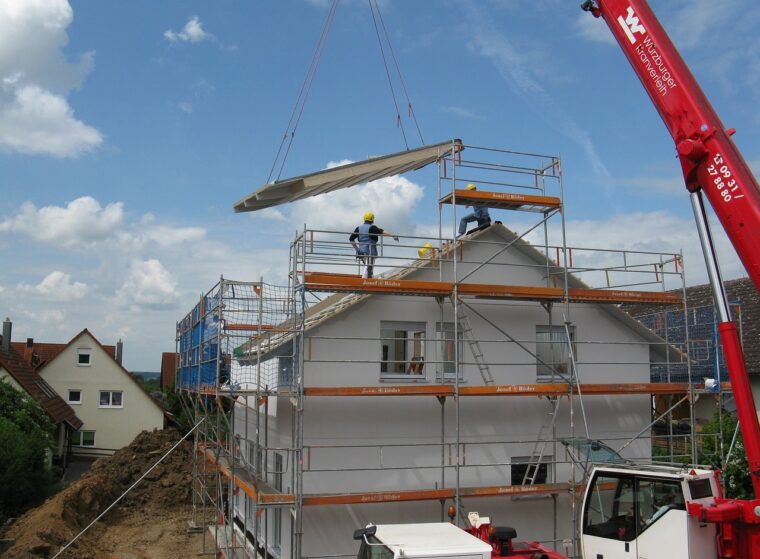Real Estate Developer – First get the land, then work on getting the construction loan
Chapter – 2 The Land Acquisition Loan
In my personal opinion, trying to get a loan with both a land acquisition portion and a construction portion on your first project would not be the best way to go. As you will read in the next chapter, the construction loan must be supported with a good source of repayment that in the case of a residential project would be the unit sellout or the lease-up. I think that it is much easier to support your request if you divide the effort and split it into two parts. Allowing you to first buy the land, which will probably need to be done in a timely manner “after all, you probably have a contract with a deadline”, then work on getting the construction financing, after you have presold the units.
What is a speculative land loan?
While most people in my profession would tell you that any land loan is speculative, the way that lenders that do this type of loans qualify them as speculative is by asking the following questions:
Is there a clear use for the land in the next 12 months?
If the answer is no, then the loan should be considered speculative. The reason why land loans are usually limited to 12-months is because they are only temporary vehicles used as a stepping stone to get the construction financing. The loans are underwritten with the proceeds from the expected construction loan to be the source of repayment. If you think that 12-months is a bit limiting, you are right. An extension option of 6-months or 9-months can be built into the loan structure. This is something that you should negotiate with your lender. Even if you have to pay 50 bps { half a point } to exercise the extension, it will pay off if it saves you from scrambling around at maturity if the construction financing is not in place.
Are you experienced?
If the answer is no, then the loan is also considered speculative. Experience is a very subjective thing, and a lot of prospective borrowers like to fudge around with their resumes. I remember doing a pre-screening with a lender on a real estate developer and being very impressed with his resume. It was only when we started going over his list of accomplishments that we realized that some of the buildings he claimed to have built were done when he was 14 years old. He did not even make it past the starting gate with my employer.
How is the land loan going to be underwritten?
The land loan will be looked from many angles. In my opinion, the most important ones will be:
Experience: Has the borrower done similar projects? If the borrower does not have an established relationship with the lender, can we verify his track record independently?
Financial condition of the borrower: In this case not so much the borrower of record since you will probably be creating a separate legal entity to purchase the property { a corporation or LLC }, but your financial strength. Going over the personal financial statements of successful real estate developers is a lesson on how to use legal entities to compartmentalize liability. I think one of them had ownership interests in at least twenty-five corporations, LLCs and limited partnerships. Frankly, it just means more work for the credit analysts. What is your overall exposure? The lender would like to see something called a “developers schedule”, which would reflect all of the construction in which he is involved and detailed information about each.
Value: Independent assessment of the value of the property as provided by an appraiser’s estimated valuation is a must. Maybe you could get away from it if the loan was small { under $250,000 }, but land is a very tricky thing to valuate without at least getting comparable sales. In addition, you would need to meet the lender’s guidelines regarding loan-to-value by providing enough out of pocket equity for the purchase. Do not be surprised if you find out that the maximum loan-to-value will be 50% of purchase. That is very common. Some shopping around might find you a lender that goes up to 75% loan-to-value on developed ready-to-build land.
Location and intended use: The intended use of the property and how successful other developers have been with similar projects will also be considered. This goes beyond proposing to build a 100-unit condominium building in a neighborhood that has hundreds of unsold condo units already. It goes also to making sure that your location is appropriate to the type of development that you are planning. In other words, do not try to buy the parcel of land between the refinery and the garbage incinerator with plans of building luxury townhouses. This plan will not fly.
What can kill the proposed loan?
Besides the obvious reasons outlined above, you can also get into trouble with zoning restrictions, environmental concerns and road/utilities access.
Chapter I – Introduction to Construction Financing
Chapter II – The Land Acquisition Loan
